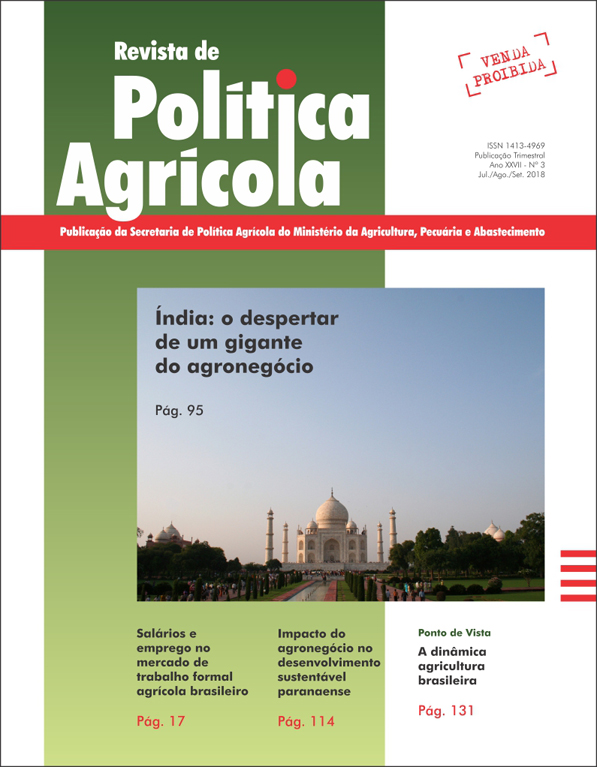Spatial convergence of the urban and rural income in Brazil
Keywords:
economic growth, spatial econometrics, incomeAbstract
The present study had as objective to verify if the per capita income of the Brazilian states presents a situation of convergence depending on the census situation. In addition, it was intended to analyze the differences between the rates of convergence of per capita income in the urban and rural areas of the Brazilian states. For that, were used PNAD data arranged in a panel of twelve years (2004-2015). Were used a panel data methodology that adapts the β-convergence model to a spatial data structure. According to the results found, it is noted that the hypothesis of per capita income convergence occurs in both the urban and rural areas of the Brazilian states. In addition, it has been found that the per capita income converges at a relatively low speed, so that convergence occurs more rapidly in the rural environment.Downloads
Published
2019-03-29
How to Cite
Souza, H. G. de, Cruz, N. B. da, & Tabosa, F. J. S. (2019). Spatial convergence of the urban and rural income in Brazil. Revista De Política Agrícola, 27(3), 82–94. Retrieved from https://rpa.sede.embrapa.br/RPA/article/view/1446
Issue
Section
Artigos Científicos


